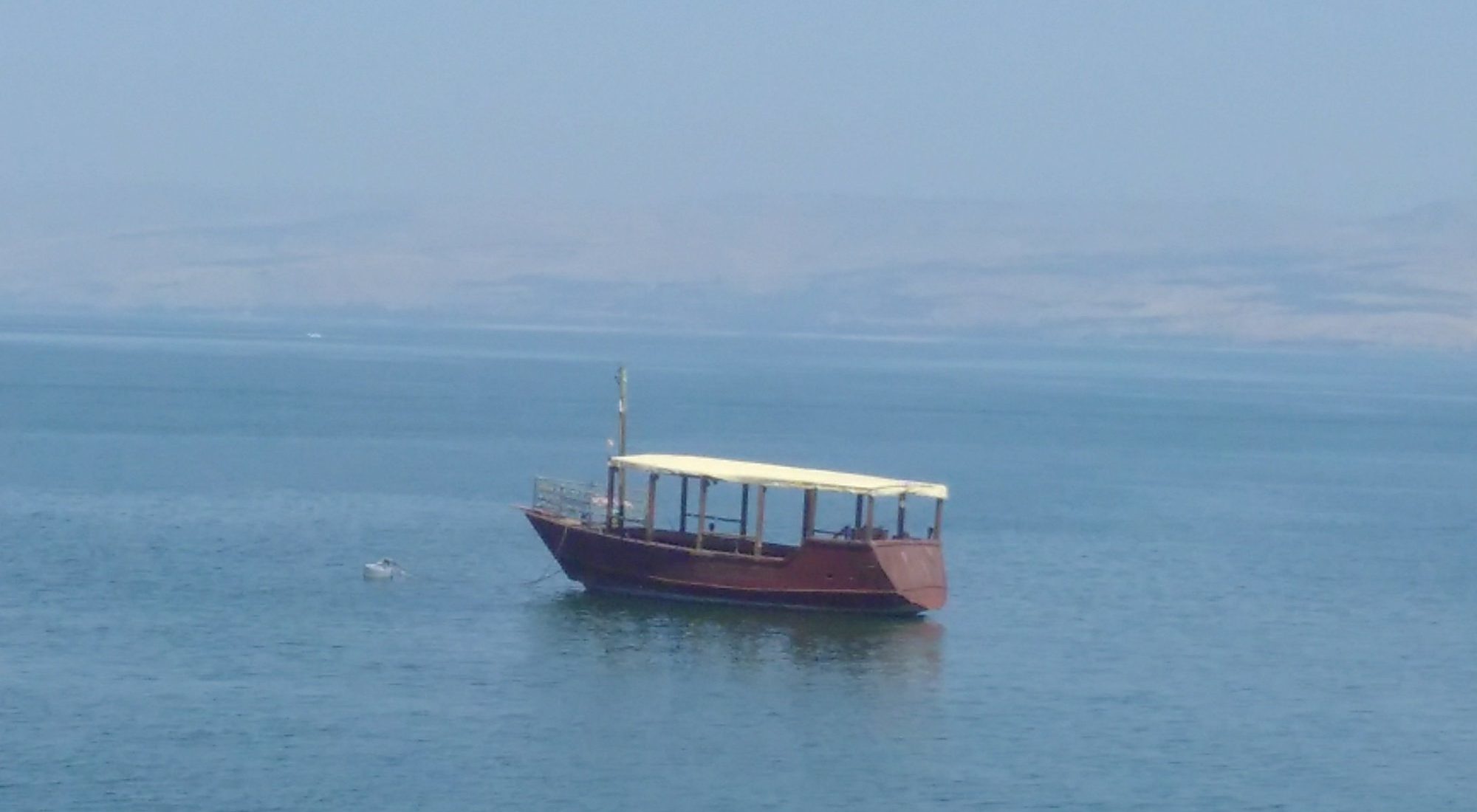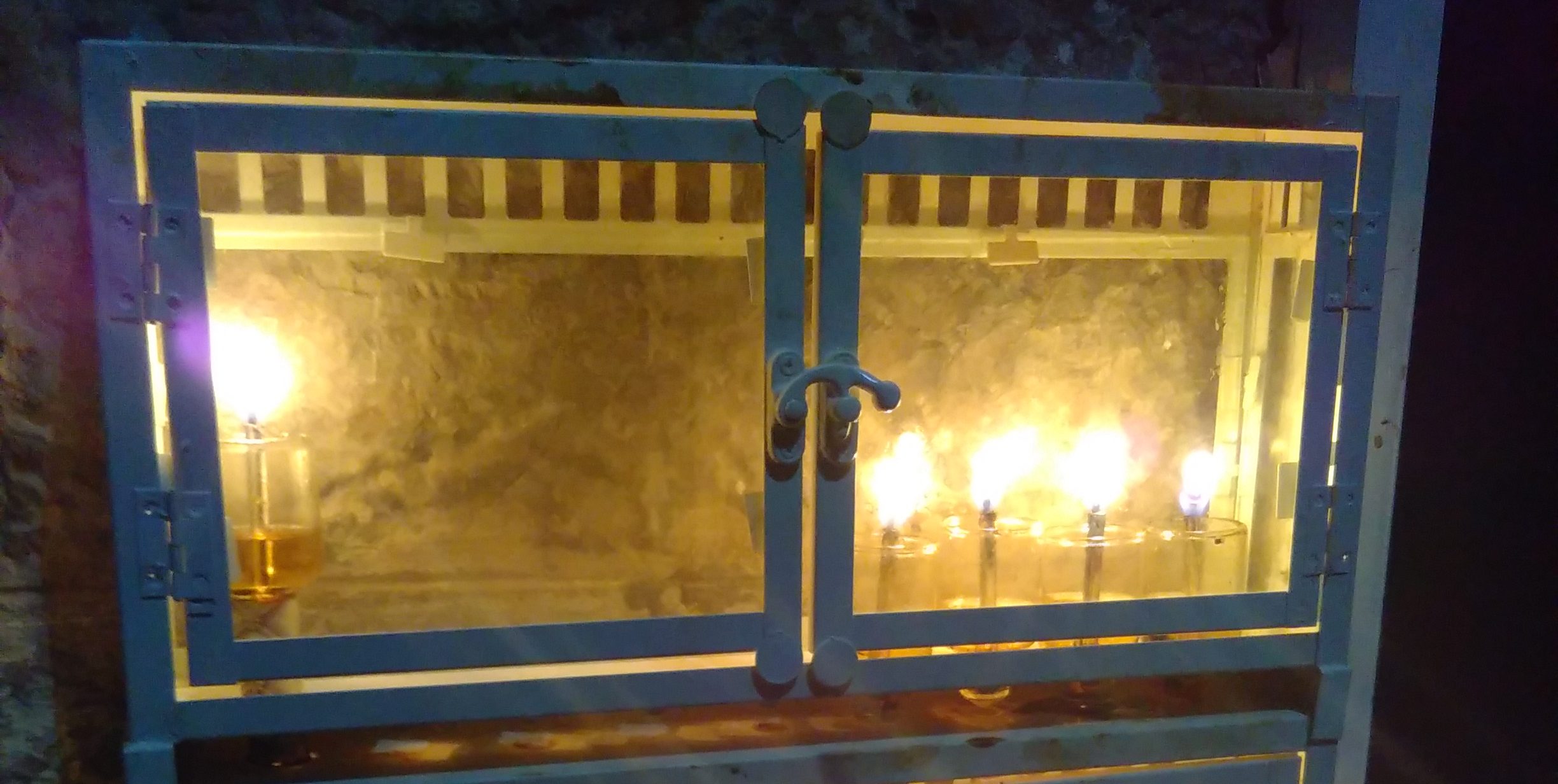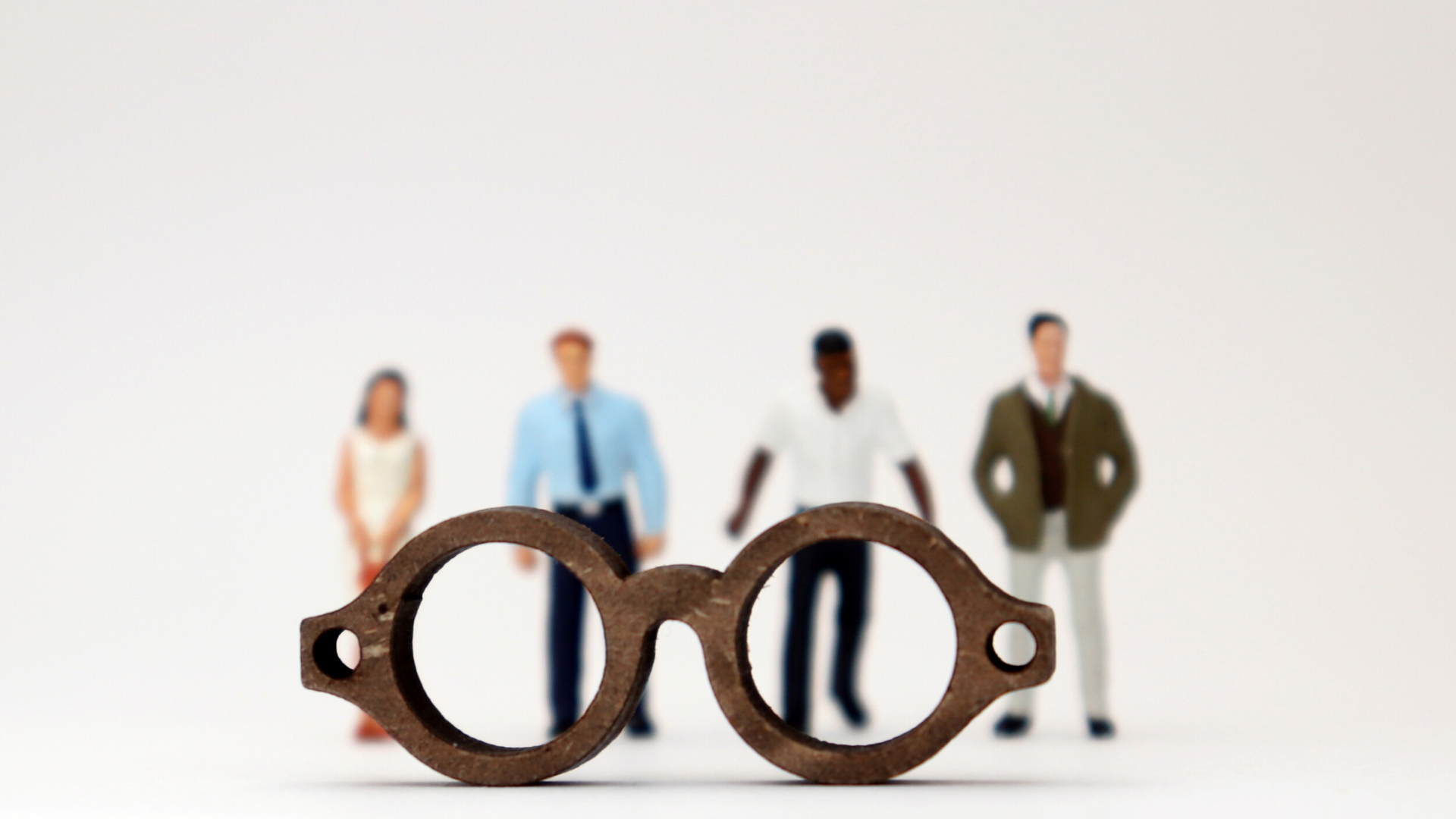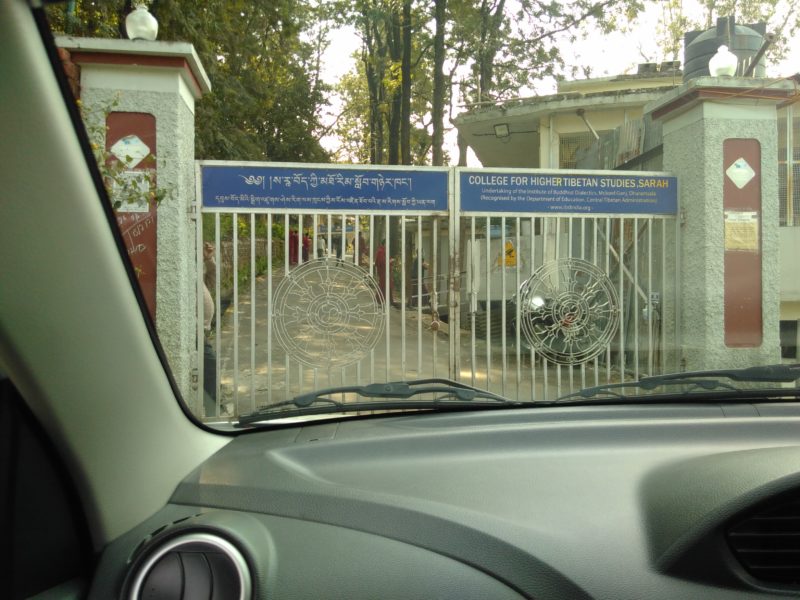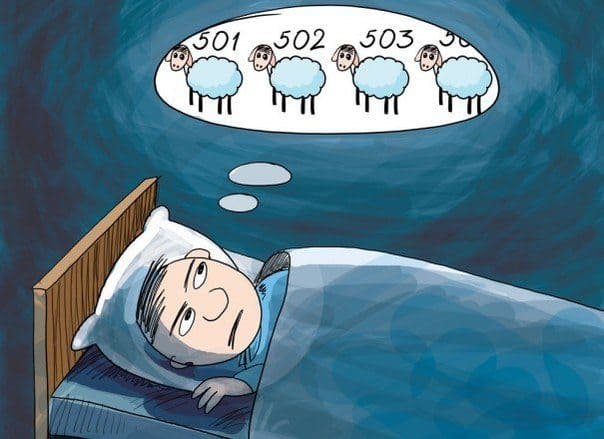There I stood, at the tomb of Maimonides, who is also known as Rambam. He is buried in one of the four Holy Cities in Judaism: Tiberias. This city is where the Jerusalem Talmud was composed, and a lot of famous rabbis have lived here. A legend holds that when Maimonides’ body was brought to Tiberias for burial from his home in Egypt, the camel carrying his remains stopped next to the grave of Rabbi Yohanan Ben Zakkai. It was there that they decided to bury him. It was there that I stood at that very moment.
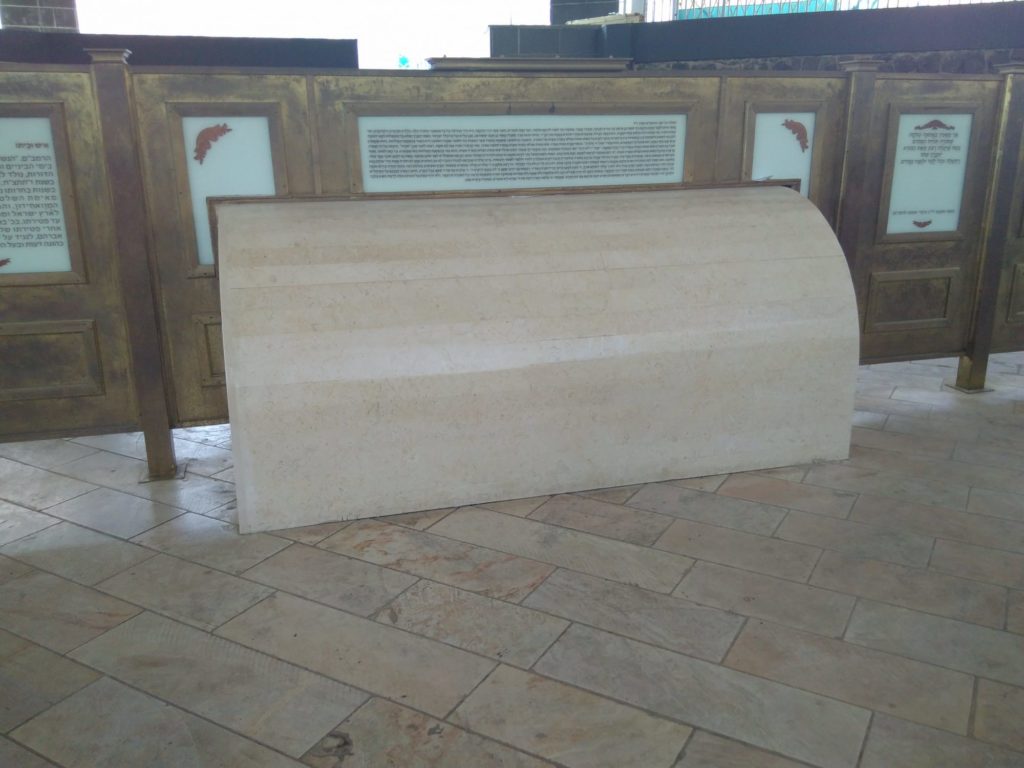
It was one of the most heart-moving moments for me during the High Holy Days – known as the Yamim Noraim (ימים נוראים). Since we were on vacation from studies during the holiday, I had some time to visit new places and meet new people. Strictly speaking, the High Holidays include Rosh Hashanah (Jewish New Year) and Yom Kippur (Day of Atonement), but I like to look at them a bit broader: from the days preceding Rosh Hashanah up until Simchat Torah (rejoicing in the Torah). This whole period gives us time to examine ourselves, to reflect and to analyze our actions in life.
It is like a calling, literally with the blowing of the shofar (ram’s horn). As Maimonides reminds us in the Mishneh Torah: “Although the blowing of the shofar on Rosh Hashana is stated plainly [without explanation], there is a hint [to its meaning]: ‘Awake you sleepers from your sleep and you slumberers from your dozing, inspect your actions, return in repentance, and remember your creator.’” I stood in front of Maimonides’ tomb and wondered, what do I have to change?
This “wake-up-call” addresses all of us. It does not matter whether you are Jewish or feel (more) connected to another spiritual tradition like myself. Or even if you are not religious at all. I guess what Maimonides is saying is meaningful for all of us: ask yourself questions about how you live your life, what you did (or did not do) and what you can change. The Jewish holidays can help us make that change. Or perhaps, as Maimonides seems to say, “return” to who you truly are (also called Teshuvah).
Let’s take Yom Kippur as an example. I was invited by very dear friends to come to Ein Prat, a place where young adults with very different backgrounds come together to study, engage in different activities, and try to help create a better society. It felt really amazing that a very diverse group all came together in the middle of the desert, east of Jerusalem. Why? Because we all feel that the spirit of Yom Kippur is helping us change for the better.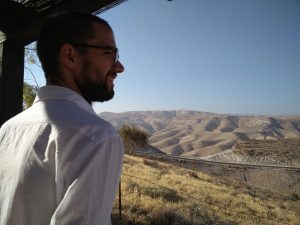
There are some very practical elements to this holy day, like fasting, not wearing leather shoes, not applying lotions or creams, not washing or bathing, and not engaging in sexual relations. There is a lot of praying and singing. It is a time to say sorry for mistakes we made the last year.
For Jewish people it is (above all other things perhaps) a day to ask for G-d’s forgiveness. But not everyone in Ein Prat was religious. The conversations with my friends and all of the people there taught me about something else that might also be part of the essence of this day: it reminds us that we have a choice, and that this is something to be happy about. As it has been said: We fall only to rise higher. Or in other words: Failure is when you’re given a chance to do the unexpected. Or, according to yet another person: You don’t need a time machine to change your past. You just need to change the direction it is sending you.
So, where are you going? Not as a stam (superficial/without reason) question, as my friend Yonatan put it, but we should seriously ask ourselves and each other deeply. We should give up our comfort for a moment and check: where are we right now, and how should we continue our journey?
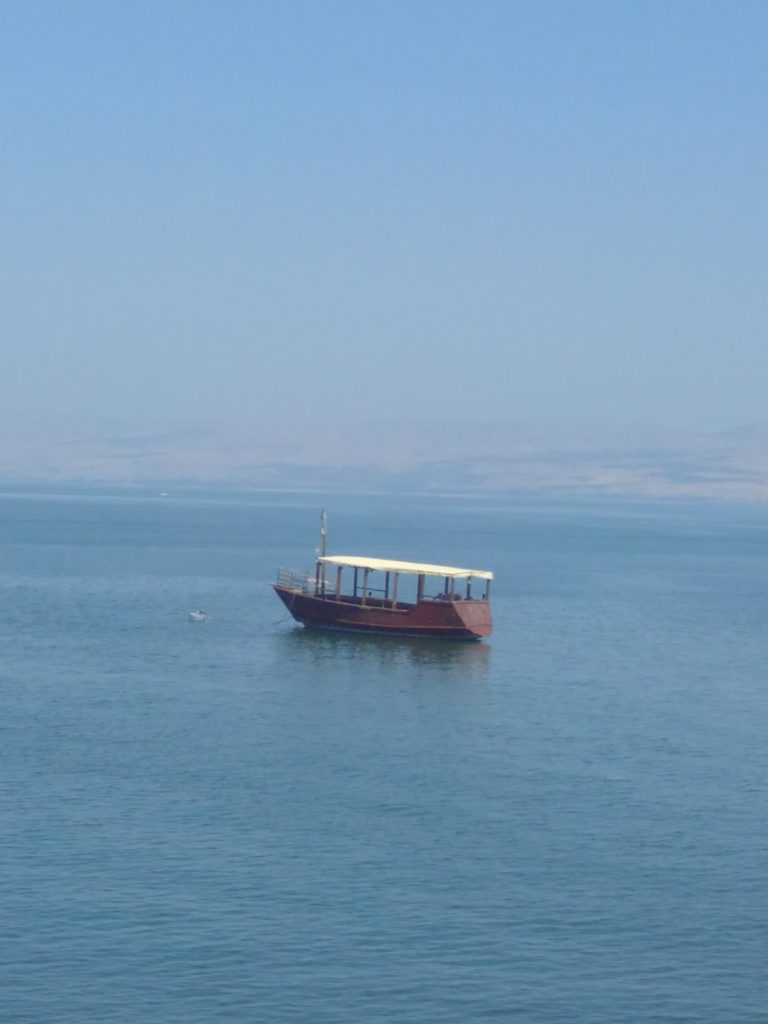
As another example, I was traveling with my dear girlfriend, Omer, to the Sea of Galilee (Kinneret). We arrived at an eco-campsite. When we wanted to put up our tent we saw that we only had one pole. Now what? It was almost getting dark and Shabbat was about to begin. Asking for help, we came across a family who said “You can borrow this tent for the night, we took it as ‘extra’.” Wow! We were very grateful, slept under the stars at the Kinneret and woke up in this beautiful place. But we also knew we needed to return this tent, so then what? A couple staying near us, knowing our situation, offered to lend us their tent as long as we brought it back to their home in Tel-Aviv within the next few weeks. Again: wow!
This was not all: we were about to drive to Kfar Sava (כְּפַר סָבָא) to visit Omer’s grandparents for another holiday: Sukkot. But on the highway, the engine gave up. We were stuck in the middle of nowhere. After calling Omer’s roadside assistance service to come and pick up the car, which would not arrive soon since Sukkot was almost here and all business were about to close down, we hoped for someone to take us to a gas station. Someone stopped to help us on our first attempt. He was willing to take us a few miles farther, to a gas station. After hearing about our situation, he even offered to let us sleep over at his place in case we did not find another solution. There must be a reason why his name is מָשִׁיחַ (Messiah)!
We were still more than an hour away from Kfar Sava (by car), and busses were not running anymore for that day. Omer started asking people for a ride, but without any luck. I suggested trying in the McDonalds (which is funny, since I never go there, but it was very busy). As soon as we entered, a friend of Omer’s recognised her – they were happy to see each other. She asked why we were there, and Omer explained. This friend was traveling to Kfar Sava with another person to walk the Israel National Trail. This particular day, they were joined by a mutual friend, who was about to drop them at their bed and breakfast before returning home. And just like מָשִׁיחַ, he was very willing to take us with him. Omer and I were speechless – in a very short period of time, so many acts of kindness! People had given us something without wanting anything in return. As a Buddhist practitioner, I call these altruistic deeds – an expression of the true nature of the compassionate heart of every living being. I guess this is what Teshuva (תשובה) and the words of Maimonides are all about!
Just before dark we arrived at Omer’s grandparents house to celebrate Sukkot. Just like many Jewish families, religious and non-religious, they build a succah (wooden hut) in their garden. Sukkot is not just a day, but a week-long holiday. Jewish people commemorate when they were protected by G-d in the days after leaving Egypt and also celebrate the harvest. Let me finish this blog by telling you a bit more about this holy day and what we can all learn from it.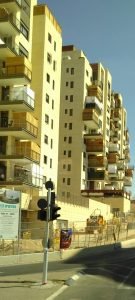
Again there are several elements. For example taking four special species of vegetation and saying specific blessings. But the most prominent element is probably the building of the succah and enjoying every meal in this dwelling place during the holiday till Simchat Torah. While observing all the different kinds of succahs people had made in Jerusalem, I was full of wonder. They were decorated in many different ways on the inside, in the garden or even on very small balconies. For all of them, the walled structure must be made from unprocessed materials and covered with organic material. It is (supposed to be) a home-away-from-home.
Apart from the relationship with the historical period that Jewish people remember with the building of a succah, it can also be seen as a spiritually subversive act. The world of today is very much about having technology at hand (smartphones, tablets, and so on), living in a spacious and sturdy house with air-conditioning, and always keeping busy
with work, watching movies, or surfing on the internet. A succah is not like this. It makes us go out of the house, back to nature, take wood and branches to make ourselves a home under the sky. We encounter the grass, the sun, the moon, and all creatures that live there (from ants to birds).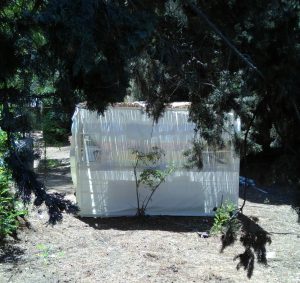
This is also why another famous rabbi, Reb Nachman of Breslov, who visited Tiberias a little more than 200 years ago, asked his disciples: “Did you look at the sky today?” Like Maimonides, he wants to wake us up and remind us to become our best selves… and to explore what is truly meaningful in life. We often live unaware of what we are doing, hastening on our way from one place to another, forgetting about the world that we live in. Maimonides, Nachman, and these High Holidays make us contemplate on who we are so that we can try to act accordingly – and try to make the world a kinder place. The people I mentioned above are all like a light reminding us that we are capable of the same. So, did you look at the sky today?
